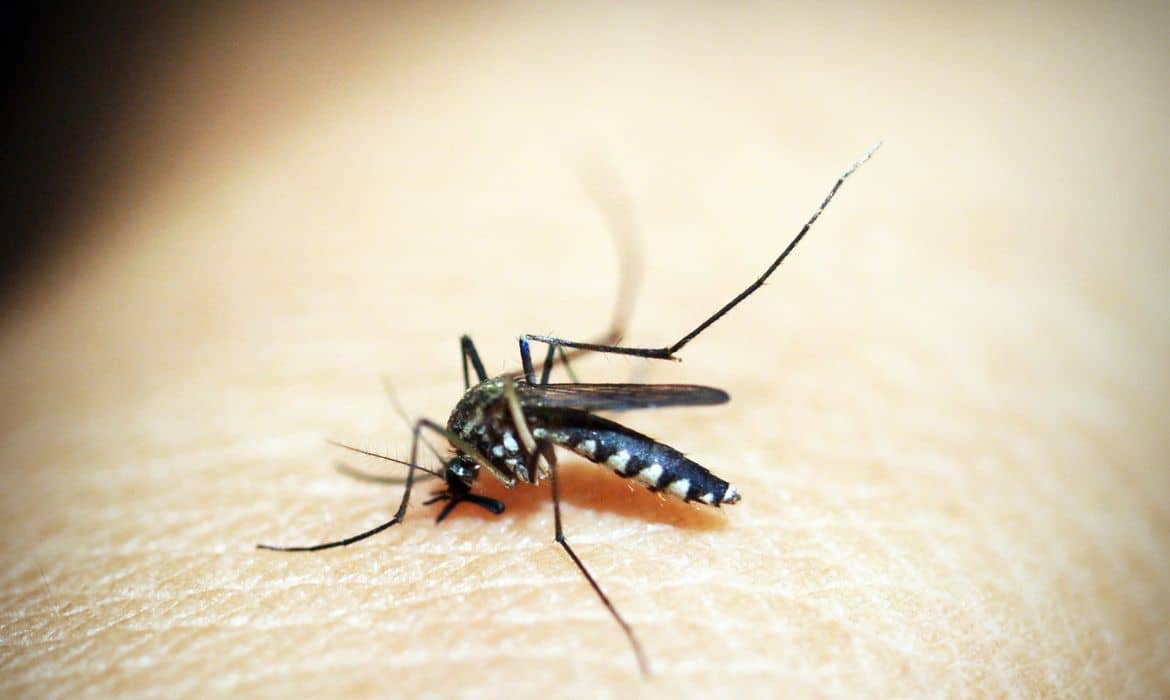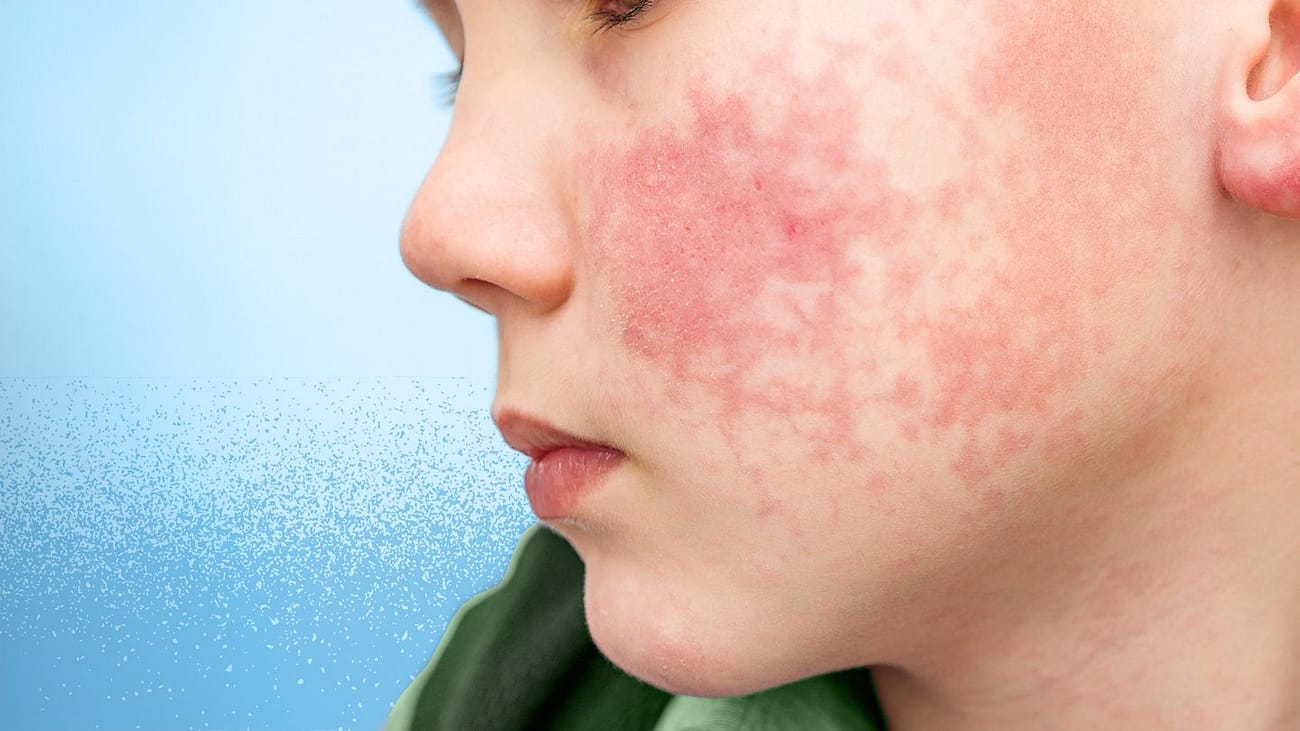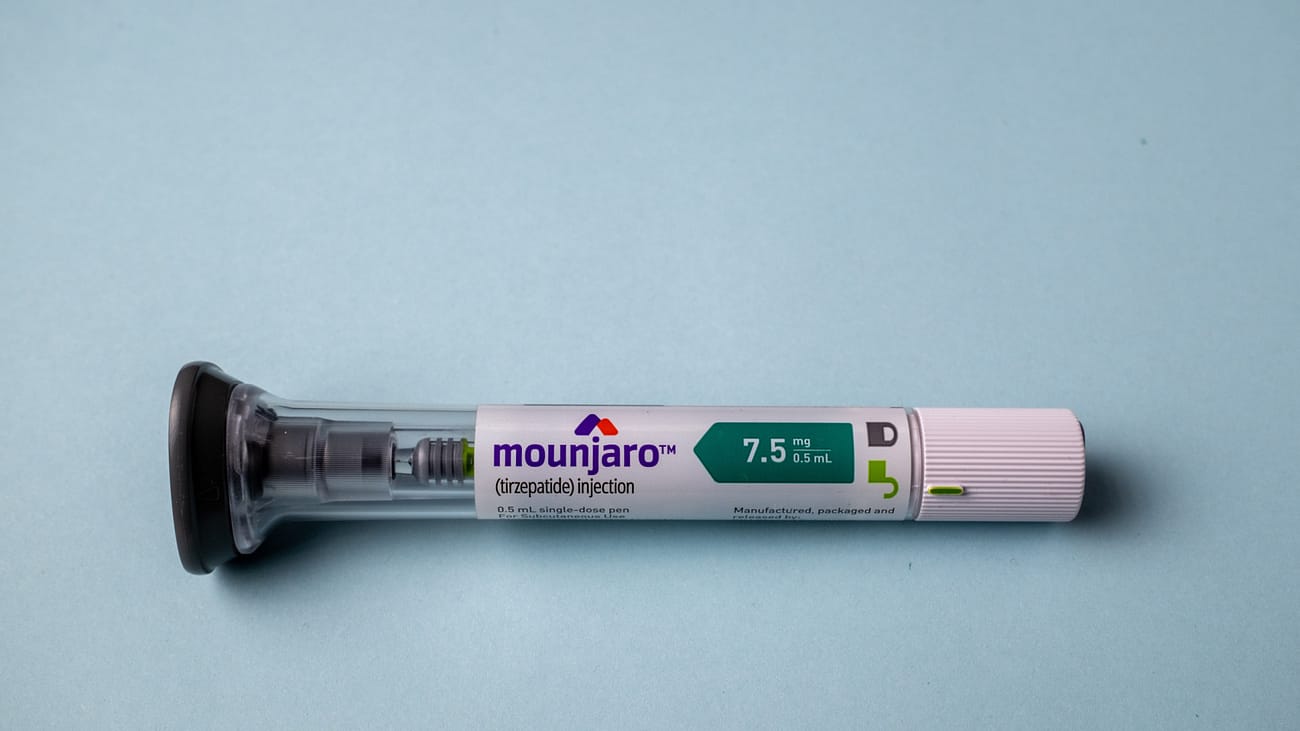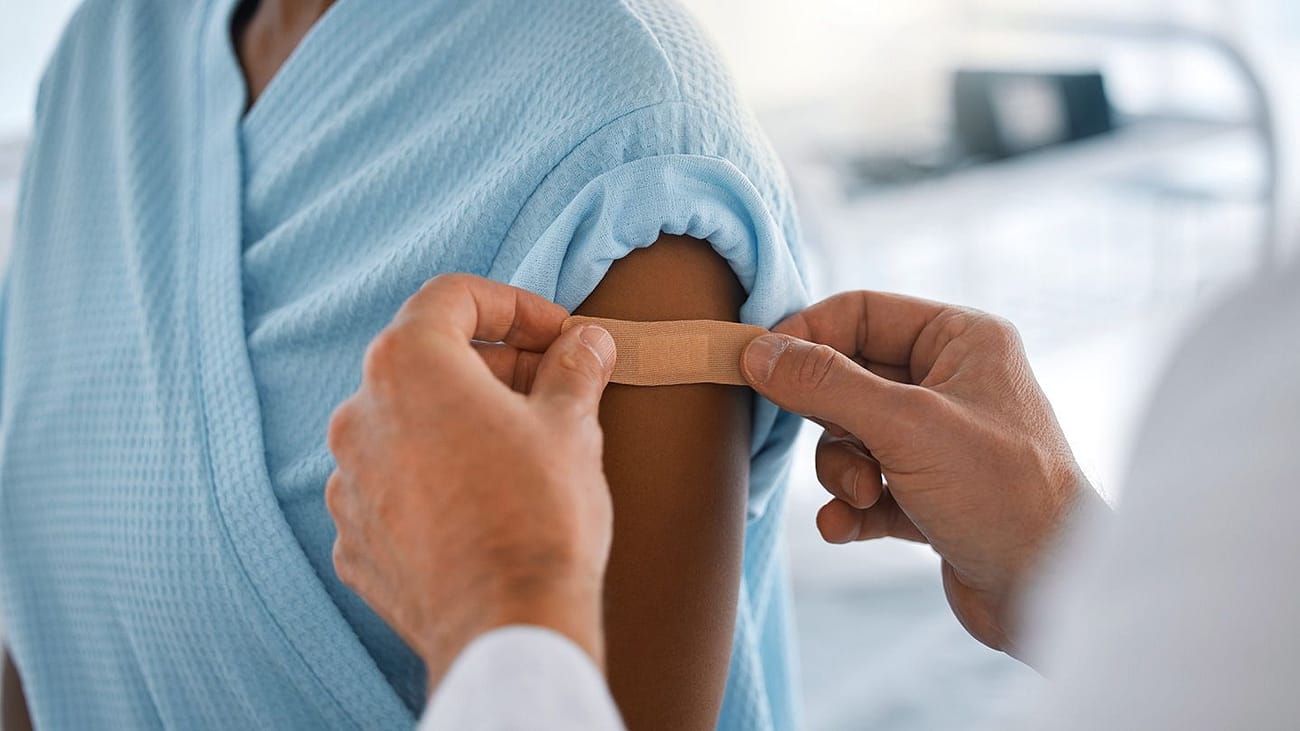As the fall season approaches, ensuring that you’re up to date with your vaccinations is more important than ever. The combination of cooler weather and more indoor activities increases the likelihood of virus spread, making it crucial to receive your vaccines on time.
Why Timing Your Vaccines Is Important
Vaccines are most effective when administered at the right time. Receiving them too early or too late could mean reduced protection when you need it most. The fall season is the optimal time for vaccination against respiratory viruses. As the spread of illnesses typically peaks in the colder months, getting vaccinated early ensures that your immunity is bolstered before these viruses become widespread.
COVID Vaccine: Who Should Get It and When?
The latest COVID vaccines have been tailored to combat the newest variants circulating this season. The FDA has authorized the use of these updated shots for nearly everyone aged 6 months and older. Immunization remains a crucial step in protecting against severe illness, especially as the virus continues to evolve.
Timing Your COVID Vaccine:
If you’ve recently received a previous dose, it’s recommended to wait two months before getting the new shot. However, if it’s been longer, don’t delay—getting the vaccine as soon as possible is advisable, especially if you plan to travel or participate in large gatherings during the holidays.
Flu Vaccine: An Annual Necessity:
The flu vaccine is another essential part of your fall immunization plan. The flu virus changes each year, and the vaccine is updated to match the most prevalent strains. This year’s shot is available to everyone 6 months and older, with a high-dose option available for seniors 65 and older for added protection.
When to Get the Flu Vaccine
Experts suggest getting vaccinated between early September and late October. This timing allows your body to build up immunity before flu season hits its peak. If you miss this window, it’s still beneficial to get the shot later in the season, as the flu can continue to spread through the winter and into spring.
RSV Vaccine: Protecting the Vulnerable
Respiratory syncytial virus (RSV) is particularly dangerous for the very young, the elderly, and those with chronic health conditions. Last year marked the first time that an RSV vaccine was available for older adults, and it remains an essential option this year for those at risk.
Best Time to Get the RSV Vaccine:
The RSV vaccine is typically a one-time shot for those over 60, especially those with underlying health issues or living in long-term care facilities. While the vaccine is new, it offers critical protection during the months when RSV is most likely to circulate.
Managing Vaccine Side Effects
It’s not uncommon to experience mild side effects after vaccination, such as soreness at the injection site or a slight fever. Some people prefer to spread out their vaccinations to avoid experiencing multiple side effects at once. However, the CDC states that receiving multiple vaccines in one visit is safe and convenient, especially for those with busy schedules.
Ensuring Access to Free Vaccines
Most vaccines are covered by insurance, meaning there should be no out-of-pocket cost to you. However, it’s always a good idea to check with your provider to ensure the vaccines you need are covered. If you’re uninsured or if your local pharmacy is out-of-network, look into community health centers or local health departments, which often provide vaccines at no cost.
Conclusion: Stay Protected All Season Long
By properly timing your vaccines this fall, you can significantly reduce your risk of contracting serious illnesses. Whether you’re getting your shots at the same time or spacing them out, the important thing is that you’re protected. Stay informed, schedule your vaccines, and ensure you’re ready for the colder months ahead.
For the latest updates, visit our news page or through What to Know About Getting Flu, COVID-19, and RSV vaccine.



























